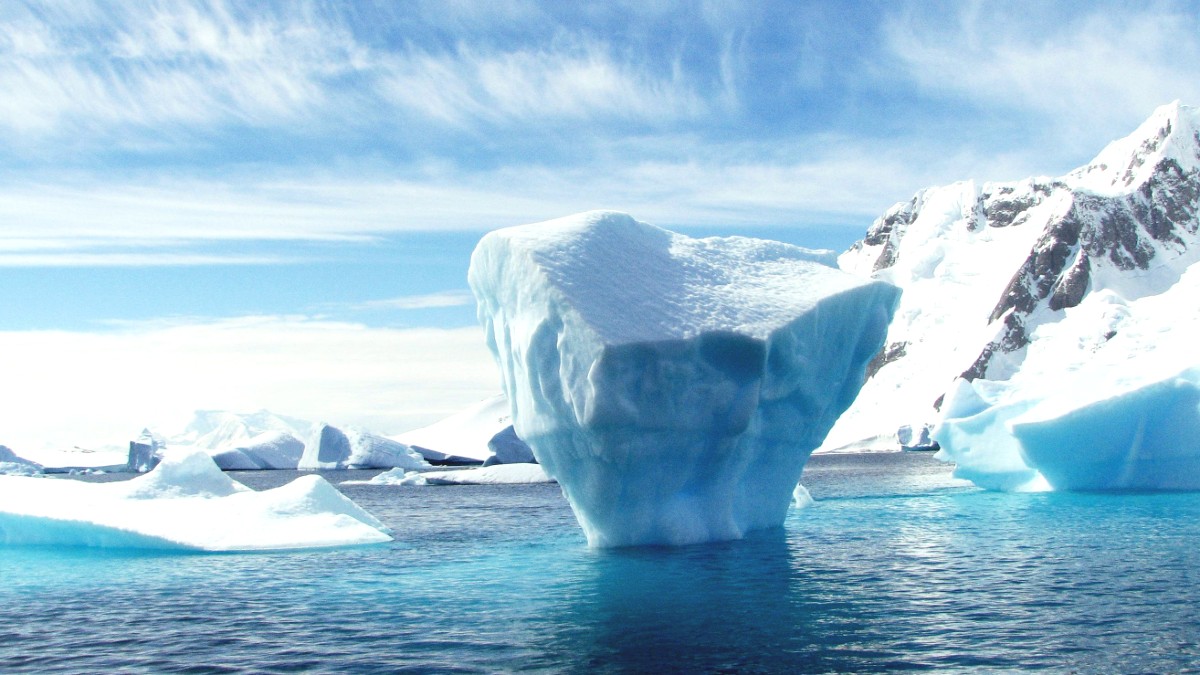
Much of Antarctica has protected status. Visitors go only to designated landing sites approved by IAATO.
IAATO members follow strict guidelines for conduct on land and at sea. Many operators back scientific research.
Expedition ships implement a 'leave no trace' policy. All waste leaves the continent. Advanced onboard systems handle recycling and wastewater.
Your choices contribute to protecting Antarctica's unique environment.
Ships conserve water, often through desalination. Guests are encouraged to use water sparingly. Bring Reusable water bottles.
An IAATO member operator is a must for responsible Antarctic travel. They follow environmental and safety standards.
Tour operators committed to ethical practices contribute positively. Look for transparency in sustainability efforts.
Support for conservation initiatives extends the protective ethos of Antarctica.
Find comprehensive guidelines on IAATO's official website for visitor behavior and environmental protection.
Learn More About IAATOResources for minimizing your ecological footprint on any journey.
Sustainable Travel AdviceSelect an IAATO-certified operator for high environmental and safety standards.
While Antarctica has no permanent residents, your travel decisions have wider implications.
Tourism creates economic benefits for South American gateway ports. In Ushuaia and Punta Arenas, your patronage helps local businesses.
Avoid anything that could be illegally sourced or exploits the environment. Do not buy goods made from protected species or natural elements of Antarctica.
The Antarctic Treaty System oversees the continent's governance, focusing on peace and science.
Tourism highlights Antarctica's value.
Governs continent for peace and science.
Support ethical practices for a brighter future.
All proceeds from Port Lockroy support its preservation, not a local economy.
Respect for Antarctica extends to its scientific and historical heritage.
Preservation focuses on historical sites like early explorer huts and old whaling stations, documenting human presence in this extreme environment.
The history of Antarctic exploration provides deep insights into human resilience and scientific endeavor. Onboard lectures detail these stories.
The Antarctic Treaty dedicates the continent to peace and scientific research, prohibiting military activity and resource exploitation.
Peace and scientific research only.
No military action, no mining.
All operators adhere to Treaty principles.
Your actions in Antarctica reflect a global commitment to conservation.
Antarctica represents an unique opportunity for immersive natural exploration coupled with deep respect for its pristine environment and scientific purpose.